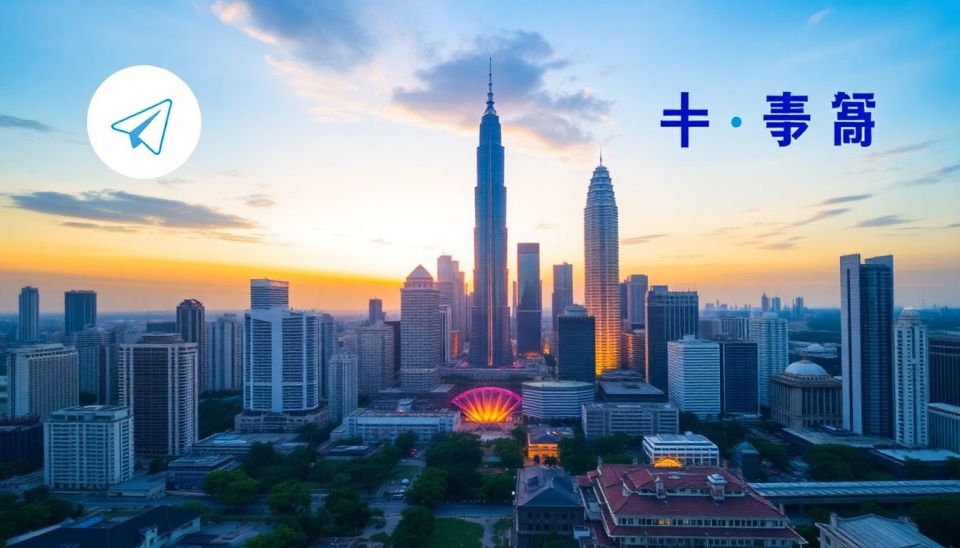
In a strategic move that raises the stakes for digital communication in Southeast Asia, Telegram, the popular messaging platform, and Tencent, the Chinese tech giant, have begun the process to acquire a license to operate in Malaysia. This development comes as Malaysia is evolving its regulatory framework for digital services, attracting international tech companies aiming to expand their presence in the region.
The collaboration between Telegram and Tencent is set against a backdrop of increasing interest from global technology firms in Southeast Asia, a market that has seen rapid growth in internet usage and mobile connectivity. As these firms seek to tap into the burgeoning digital economy, acquiring regulatory licenses has become a pivotal step in ensuring compliance, fostering user trust, and gaining a competitive edge.
The Malaysian government has been refining its licensing requirements, ensuring that digital service providers adhere to local laws while promoting innovation and competition. Both Telegram and Tencent have recognized the significance of these regulations and are pursuing the appropriate channels to operate sustainably within the Malaysian market.
Telegram's popularity is fueled by its robust privacy features and encrypted messaging capabilities, attracting users who prioritize secure communication. Meanwhile, Tencent brings vast resources and technological expertise to the partnership, enhancing the potential for service improvement and user engagement in Malaysia. By uniting their strengths, Telegram and Tencent could significantly impact the local digital landscape, catering to an increasingly tech-savvy population.
The licensing process is expected to take some time, but the involvement of established players like Telegram and Tencent signals a strong commitment to sustainable growth in the region. As they navigate regulatory frameworks, their efforts may pave the way for other players in the tech space, potentially leading to more partnerships and innovative solutions tailored for the Malaysian market.
Should their efforts to obtain the license succeed, the implications for users in Malaysia could be profound. Enhanced services, improved features, and a broader spectrum of communication tools may soon be available to the local populace, as both companies look to leverage their global expertise to meet local demands.
This venture not only sheds light on the increasing importance of regulatory licensing in the global digital landscape but also emphasizes the competitive nature of the Southeast Asian market. As more international firms seek to enter this promising market, the actions of Telegram and Tencent may serve as a benchmark for future collaborations and expansions.
As we follow this story, one thing is clear: the tech landscape in Malaysia is on the brink of transformation, fueled by the initiatives of established global players like Telegram and Tencent.
#Telegram #Tencent #Malaysia #DigitalMarketplace #TechExpansion #MessagingApps #SoutheastAsia #RegulatoryCompliance
Author: Liam Carter




